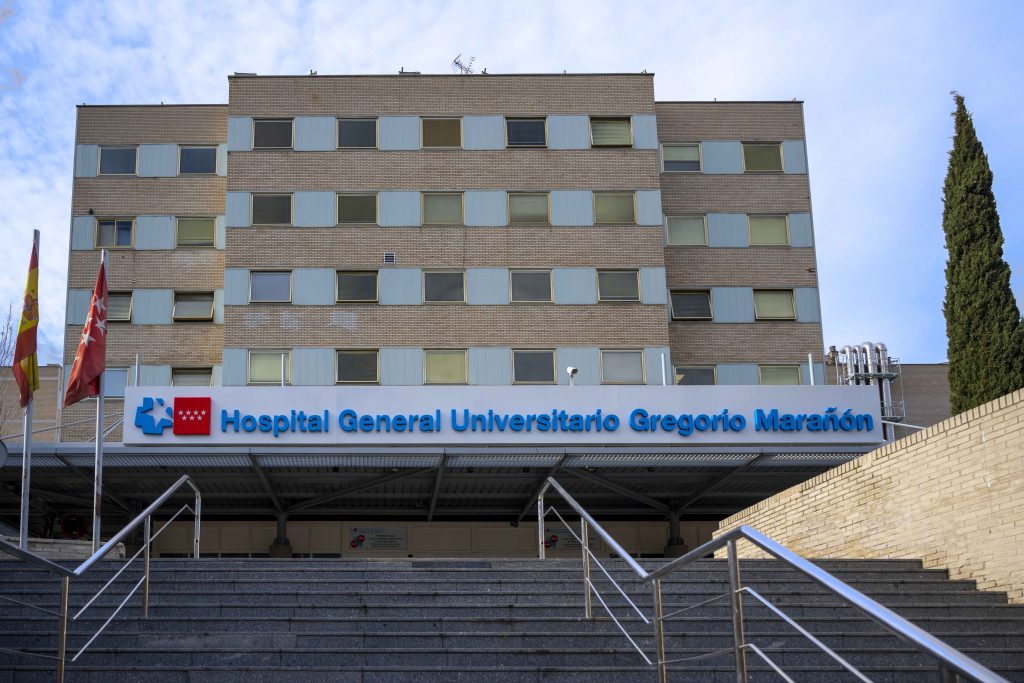Hospital General Universitario Gregorio Marañon

Hospital General Universitario Gregorio Marañon is one of the largest University Hospital in Spain. It is a public hospital under the Ministry of Health and the Community of Madrid direction, consisting on more than 8,000 professionals responsible for specialized medical care of an area with approximately 750,000 citizens. It has 22 buildings and more than 1,200 beds and 40 operating rooms.
The Hospital is equipped with a wide portfolio of highly complex services, it provides emergency, outpatient, hospitalization and home health care. The Hospital General Universitario Gregorio Marañón has an old and close relationship with the Faculty of Medicine of the Complutense University of Madrid and a great tradition in the training of nursing professionals, doctors and specialist technicians. The high level of specialization endorses it as a reference center for the Community of Madrid and the rest of the national territory, having accreditation as a National Reference (CSUR).
Francisco Fernández-Avilés Díaz (Cuenca, Spain, 1953) is Full Professor of Cardiovascular Medicine at the Complutense University (UCM) and Chairman of the Department of Cardiology in the University Hospital Gregorio Marañón of Madrid. He is also the Scientific Director of the Spanish Network Centre for Cardiovascular Research (CIBERCV, National Institute of Health “Carlos III”, Spanish Ministry of Economy and Competitiveness).
He actively participates in various national and international public and private organizations as an expert on the planning and the assessment of medical care, teaching and research activity. He is Fellow of the American College of Cardiology, the American Heart Association and the European Society of Cardiology, and belongs to the Editorial Board of the main cardiovascular international journals.
Prof. Fernández-Avilés leads one of the biggest and most productive groups of Spanish Medicine and, as Scientific Director of the CIBERCV, coordinates the best basic and clinical cardiovascular research groups of Spain (www.cibercv.es). Together with his institutional and organizational responsibilities, he combines an intense clinical and academic activity. His research focuses on the protection and regeneration of the damaged myocardium. He has worked on this field using different approaches including preclinical and clinical models of myocardial injury to test different drugs, medical devices and different types of stem cells. He has received several awards and has published more than 700 articles in scientific journals, abstracts and book chapters, with a total impact factor of 1703.02, a cumulative citation index of 13727 and a H index of 42.

Prof. Dr. Francisco Fernández-Avilés Díaz
